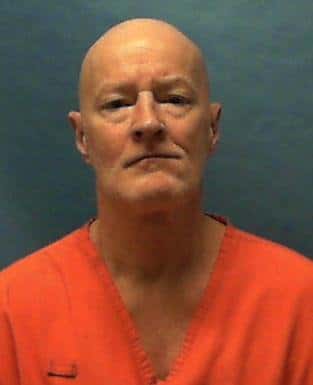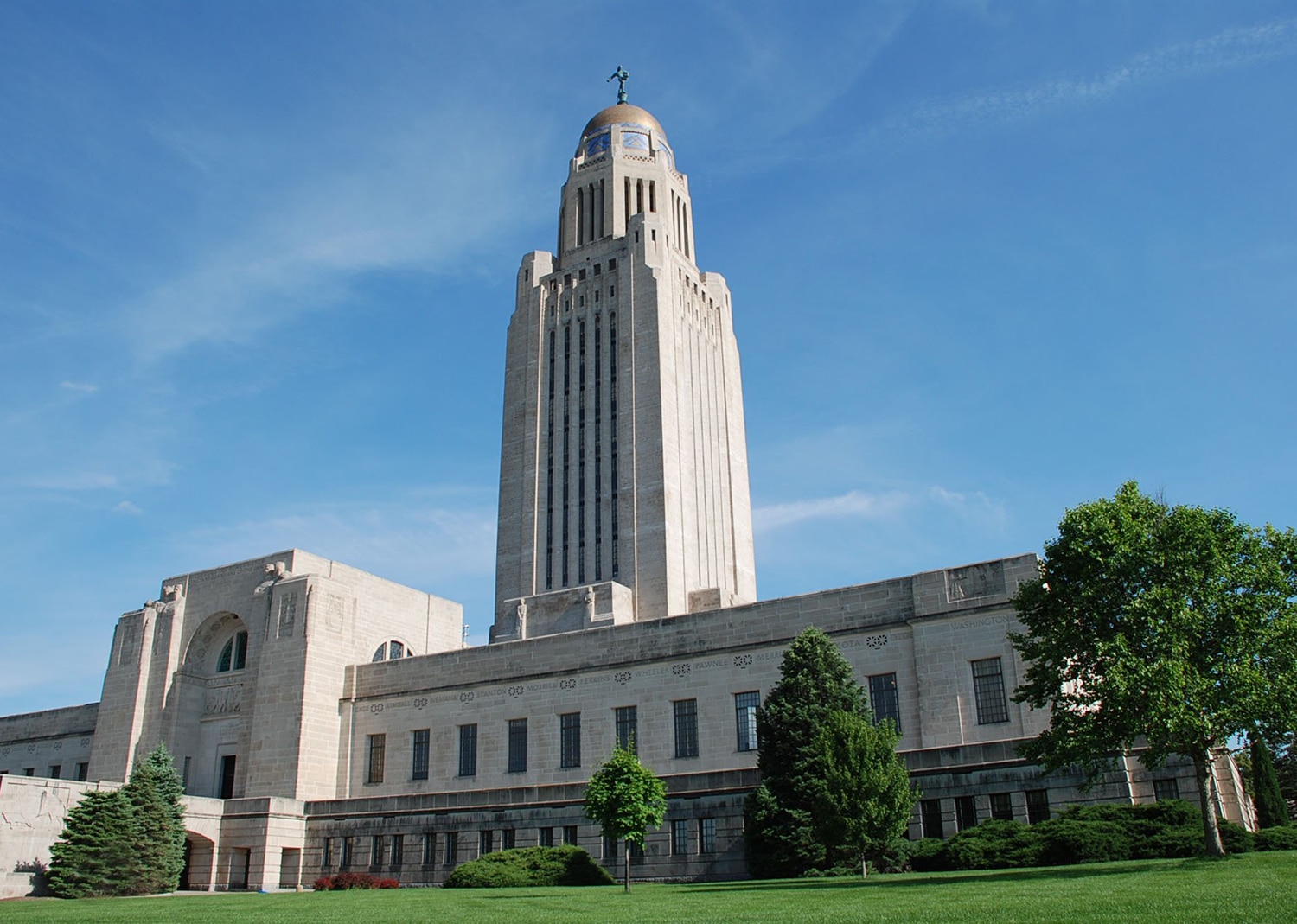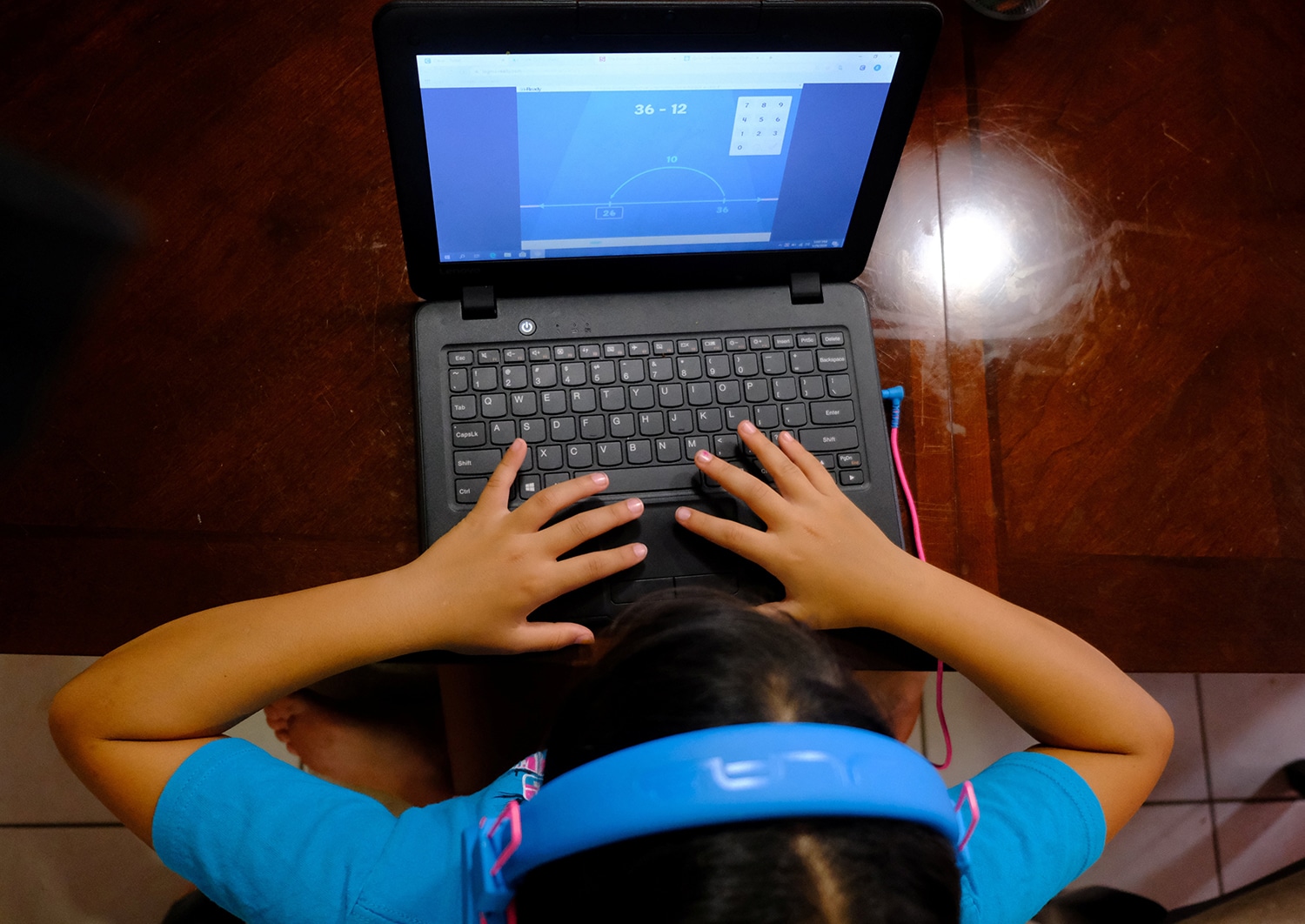ORLANDO, Fla. (OSV News) — Florida’s first execution of 2024, scheduled for Aug. 29, has been deemed “hypocrisy” because the death warrant is for a victim of abuse suffered decades ago at a state-run reform school for boys and comes as the state agreed to pay compensation for many of those abused at the school.
Gov. Ron DeSantis signed the death warrant for Loran Cole, 57, on the heels of signing into law a measure to divide $20 million in compensation among survivors of abuse that took place at the Arthur G. Dozier School for Boys in north Florida between 1940 and 1975.
A troubled past
Cole was 17 when he was housed at the Dozier School for five and a half months in 1984, when he endured daily beatings that resulted in two broken legs and being raped by guards.
Florida’s Catholic bishops are among those who have implored DeSantis to stay Cole’s execution and commute his sentence to life without possibility of parole.

Cole was sentenced to death in 1995, for the murder of John Edwards, an 18-year-old Florida State University student. Cole was also convicted of robbing, raping and kidnapping Edwards’ sister Pam, who was with her brother camping in the Ocala National Forest. Cole’s execution warrant comes nearly 10 months after Florida’s last execution, which was the last of the state’s six executions carried out in 2023. The co-defendant in the Edwards murder was given life in prison.
Historical abuse at Dozier School
In its 111-year history, investigations and former students’ accounts have chronicled how the Dozier School, in both Marianna and Okeechobee, was not so much a reform school but rather a place where physical, sexual and mental abuse was rampant.
In June, DeSantis quietly signed a bill — without any press present and with only a handful of Dozier survivors and three representatives who sponsored HB 21 — to provide $20 million in compensation to abuse victims.
This followed years of investigation, including in 2008 when then-Gov. Charlie Crist directed the Florida Department of Law Enforcement to investigate the Dozier School and the deaths alleged there, and a federal investigation that closed the school in 2011, which was under the control of the Florida Department of Juvenile Justice.
One moniker from the institution in Marianna was the “White House Boys,” which according to News Service of Florida derived from the white concrete building where boys were beaten and raped by school workers.
A cycle of violence
In post-conviction appeals, Cole’s lawyers have chronicled the neglect, abuse and trauma their client experienced and argued it changed the entire trajectory of his life and led to the commission of his crime. Cole’s lawyers argued his “post-1984 criminal record also goes to show the effect that life in Dozier had on his psyche. That horrible place helped create the Loran Cole who sits on death row today.”
Cole “was beaten, raped and tormented at Dozier,” Michael Sheedy, executive director of the Florida Conference of Catholic Bishops, said in an Aug. 14 letter to DeSantis on behalf of the bishops of Florida.
“He witnessed torture and daily beatings of other students. He was once forced to clean up the remains of another student who died by suicide after jumping off a building,” Sheedy wrote. “He had his legs broken after trying to escape. Mr. Cole’s jury never heard about the physical and mental abuse he endured at the hands of officers at Dozier.”
Survivors share their experiences at Dozier
Survivors of Dozier tell stories of beatings with leather belts, students being tied to a bed, students being put in dryers, forced labor and rape. Various news reports indicate between 80 and 100 children died at Dozier, with the location of their remains unknown. A graveyard near the school has several unmarked crosses, which survivors believe are boys killed by staffers.
In 2010, while on death row, Cole watched a documentary about Dozier and was flooded with memories of his time there. He shared his memories with a prison mental health counselor.
“Never having received mental health and trauma treatment until his arrival on death row in his late 20s, Mr. Cole, at age 57, is not the same person who committed the grave crimes for which he was convicted,” Sheedy stated in his letter.
Criticism of Florida’s decision
Maria DeLiberato, executive director of Floridians for Alternatives to the Death Penalty, said there are a “half dozen other men on Florida’s death row who survived the abuse at Dozier, as well as countless others in the Florida Department of Corrections.” She described the governor’s signing of a death warrant on a Dozier survivor as “hypocrisy,” and said the “state-sanctioned cycle of abuse” must stop.
“Horrifically, shortly before Loran was released from Dozier, he was forced to clean up a smattering of blood and brain matter from another child who had jumped off the roof of one of the cottages and died by suicide,” DeLiberato said. “In passing the compensation bill for Dozier survivors, the state of Florida recognized its direct responsibility for the profound and lifelong impact of the horrific torture and abuse those men suffered there. For the State of Florida to turn around less than a month later and say they are justified in killing one of those survivors is unconscionable.”
Before Cole’s scheduled execution, Floridians will gather across the state to pray for him and his victims, for DeSantis as he considers the request to stay the execution, “and for an end to the death penalty and the cycle of violence in society,” Sheedy said.
Jean Gonzalez is editorial/online director for Florida Catholic Media.







